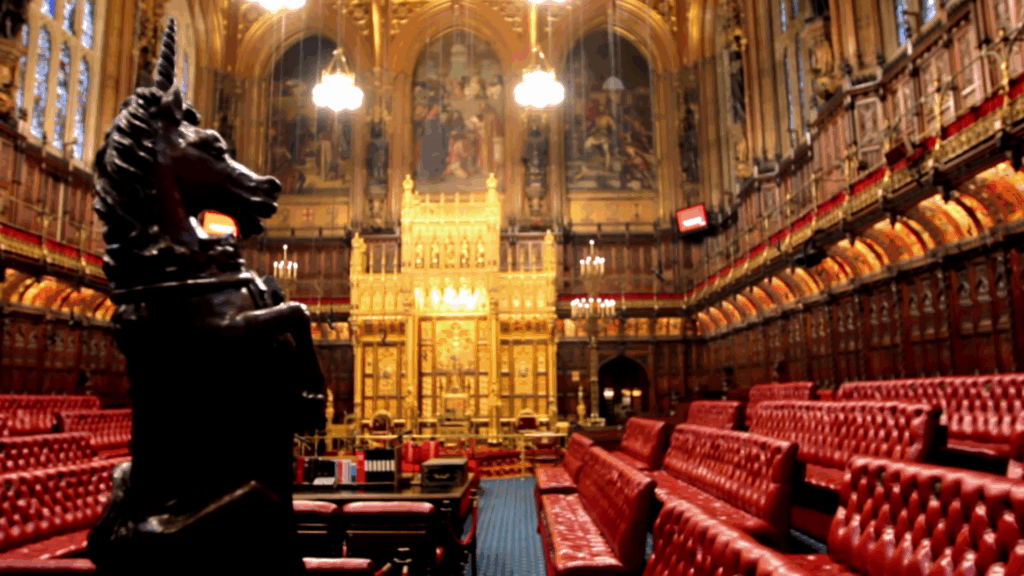AI copyright clash stalls UK data bill
Peers warn the UK’s creative sector could suffer if AI firms are allowed to use copyrighted content without consent or fair compensation.

A bitter standoff over AI and copyright has returned to the House of Lords, as ministers and peers clash over how to protect creative workers while fostering technological innovation.
At the centre of the debate is the proposed Data (Use and Access) Bill, which was expected to pass smoothly but is now stuck in parliamentary limbo due to growing resistance.
The bill would allow AI firms to access copyrighted material unless rights holders opt out, a proposal that many artists and peers believe threatens the UK’s £124bn creative industry.
Nearly 300 Lords have called for AI developers to disclose what content they use and seek licences instead of relying on blanket access. Former film director Baroness Kidron described the policy as ‘state-sanctioned theft’ and warned it would sacrifice British talent to benefit large tech companies.
Supporters of the bill, like former Meta executive Sir Nick Clegg, argue that forcing AI firms to seek individual permissions would severely damage the UK’s AI sector. The Department for Science, Innovation and Technology insists it will only consider changes if they are proven to benefit creators.
If no resolution is found, the bill risks being shelved entirely. That would also scrap unrelated proposals bundled into it, such as new NHS data-sharing rules and plans for a nationwide underground map.
Despite the bill’s wide scope, the fight over copyright remains its most divisive and emotionally charged feature.
Would you like to learn more about AI, tech and digital diplomacy? If so, ask our Diplo chatbot!
